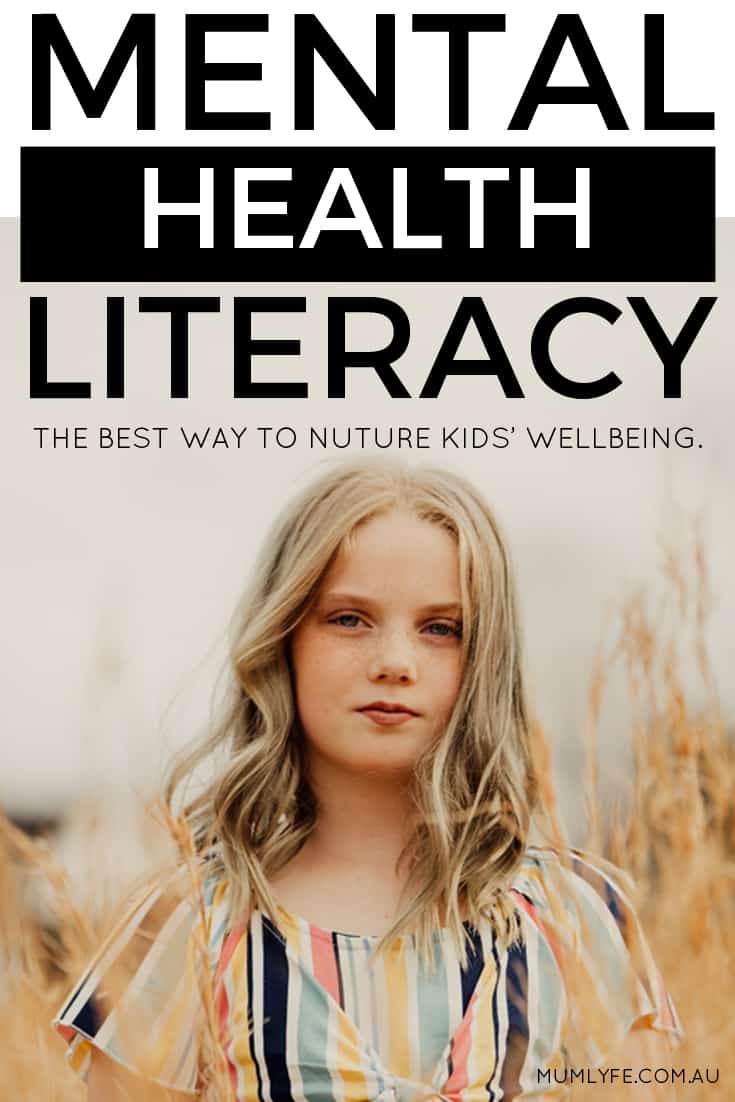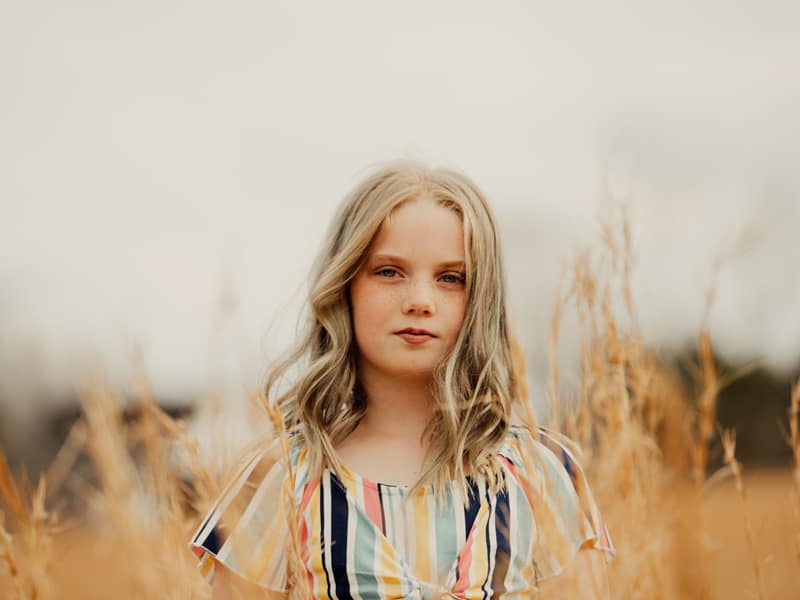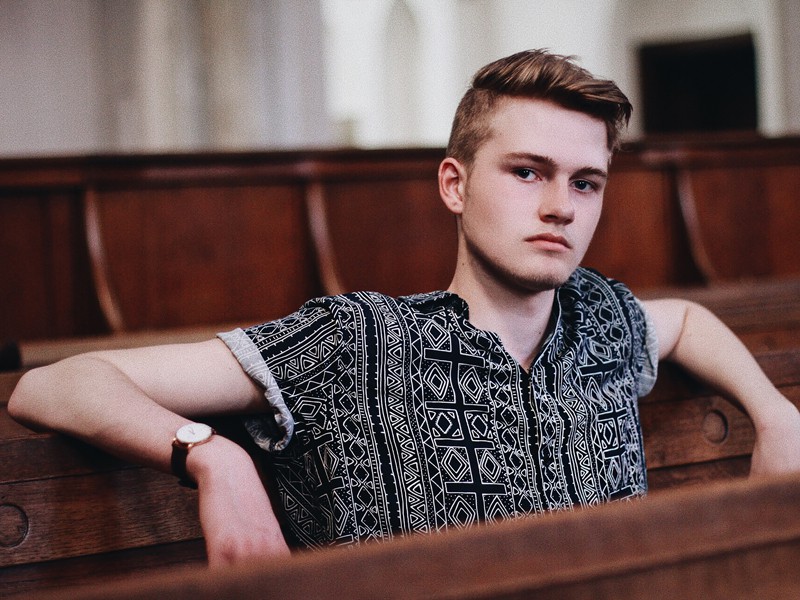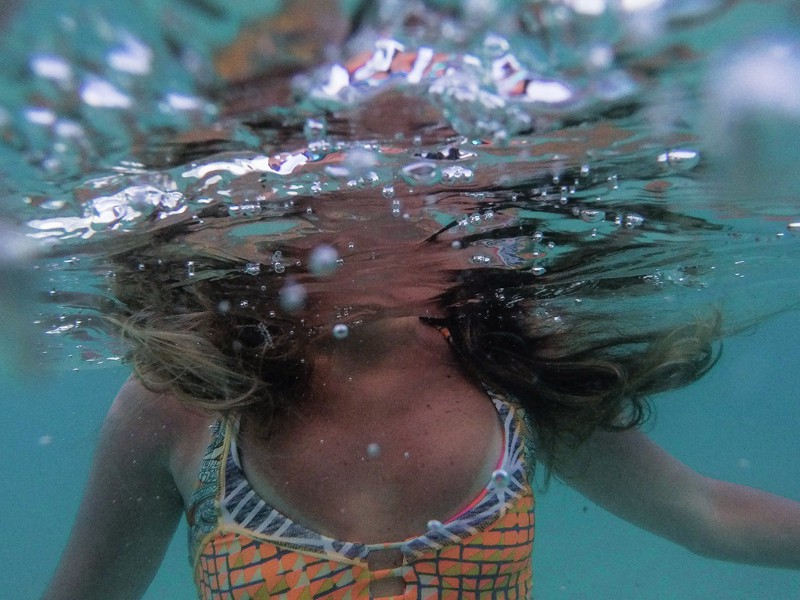Mums, our kids aren’t doing well. The Beyond Blue statistics on youth mental health are alarming: more than 50% of mental health issues begin before the age of 14; one in seven young people aged 4 to 17 years experience a mental health condition in any given year; suicide is the biggest killer of young Australians. And another: young people are less likely than others to seek professional help. It is startlingly obvious that we need to focus on our kids’ mental health literacy just as strongly, if not more strongly, than the focus we currently give to their overall education.
Figuring out how to do that can feel daunting. Where on earth do we begin? How can we help our kids recognise when their mental health is in decline? How can we recognise it ourselves? What can we do to help them support their mental wellbeing?
Promisingly, there are a number of programs being rolled out that we can piggy-back to gain knowledge. Here’s a run-through of five leading initiatives that are making in-roads. I urge every parent to dig deep to find out more and rally your schools to have a program of this kind introduced as soon as possible.
1. Kids Helpline @ School
Primary school
Kids Helpline @ School offers free sessions to primary schools across Australia. Counsellors lead students in discussions on critical topics like safe and responsible technology use, online reputation, improving emotional intelligence and enhancing coping and resilience strategies. The digital component on the program is supported by Optus and the wellbeing stream is through Bupa.
The Bupa sessions also cover key milestone moments like leadership skills; upstander promotion; conflict resolution skills and peer refusal skills. Each of the sessions is accompanied by comprehensive resources and all of it is free to access.
Like everything that the exceptional Kids Helpline rolls out, this program is so worthwhile. We are very lucky to have an organisation like this in Australia, accessible to all kids at all times via Kids Helpline 1800 55 1800.
2. Raise Youth Mentoring
High school
The Raise program aims to ensure that teens feel heard, valued and supported. It works as a 1:1 mentoring program, where a student is matched with an adult mentor. They meet up weekly through terms 2-3 and all sessions are overseen by a professional Program Counsellor.
I’m in the process of training to be a Raise mentor. I’ve yet to do the face-to-face training, but I’ve completed the online modules. So far, I’m hugely impressed with the student-led mentoring and can see how it would benefit kids to feel supported and heard. The program aims to help them feel more resilient, capable and connected.
3. Be You Beyond Blue
Primary and high school
The Be You initiative was launched by Beyond Blue late last year. Online training and resources support teachers to grow children’s mental health literacy. The education staff are trained to recognise and respond to emerging health issues, as well as lead preventative programs in areas like resilience, relationships and seeking help.
All of the resources are online for anyone to access and I think the best place for us to start is on the “Family Partnerships” module. You’ll need to register in order to access the modules. When prompted, I simply chose “I’m not part of an early learning service, school or tertiary institution” and “Other” for what best described my role. There were no issues for me and hopefully not for you!
4. Youth Mental First Aid
Primary and high school
Mental First Aid run courses that help everyday people support those with mental illness. Their Youth Mental First Aid training is aimed at adults helping adolescents. You’ll be trained to recognise when a young person is developing a mental health issue, or whose mental health problem is escalating.

This isn’t counselling or psychology degree – the aim is to support the person to find the right professional services to help them. The courses are in schools, communities and given privately. Fees are set by local instructors, so vary quite widely.
I was lucky to do the Standard Mental First Aid course (ie. not Youth) a couple of years ago via a friend who was training to become an instructor. I highly recommend the training.
5. The Resilience Doughnut
Primary
Resilience is one of the fundamentals for good mental health, so it makes sense to focus here for peak mental health literacy. A resilient person is one who can best cope with whatever life throws at them… including the troughs of mental health that we will all encounter at some stage or another.
More on this: 10 ways to build resilience to help kids cope with life
I’ve been an advocate for Lyn Worsley’s Resilience Doughnut program for years. Ever since I was first introduced to it back in 2011 when one of our local schools hosted a talk for parents. The program is practical and solutions-based. It offers actual things we can do to support our children’s resilience and ultimately achieve good mental health literacy.
+++
If you, or someone you know, are in crisis and urgently need help, contact Lifeline on 13 11 14 or Kids Helpline on 1800 55 1800. If you are in immediate danger, call 000 right now.
Feature by by Gregory Hayes; swimmer by Liz Sanchez-Vegas; boy by Mikail Duran



